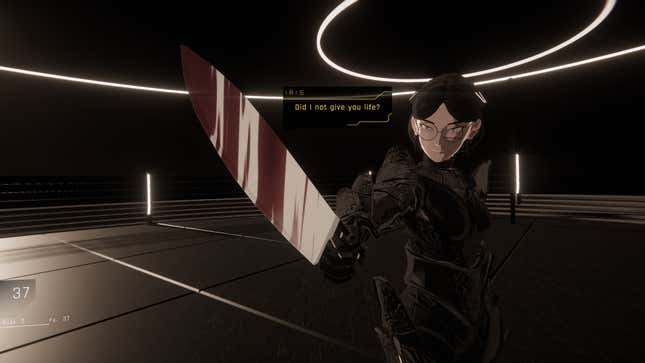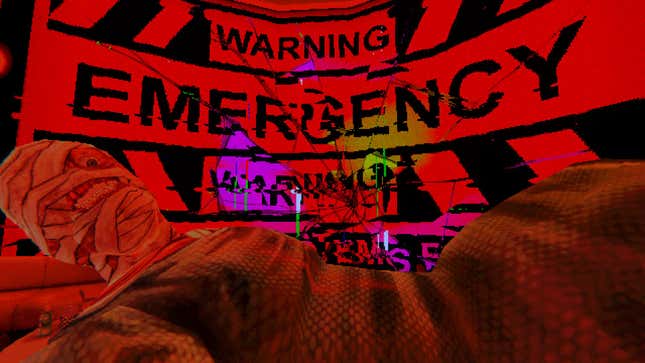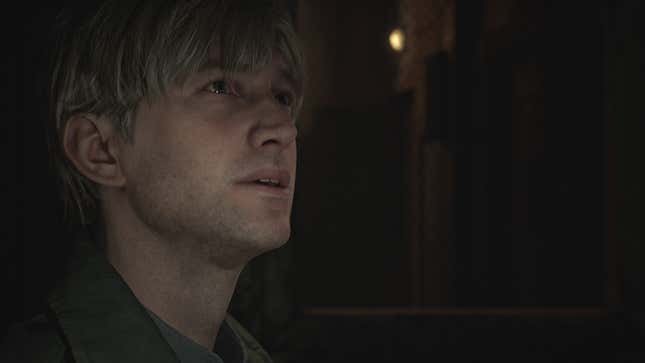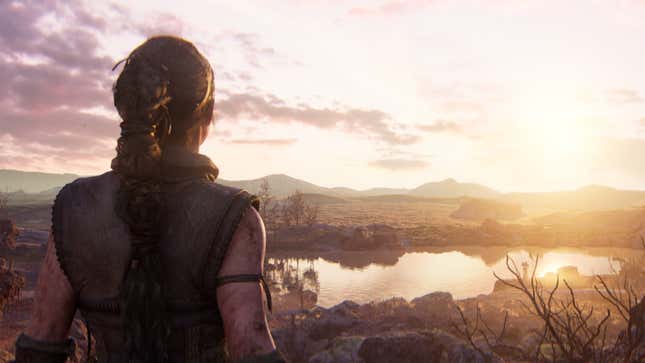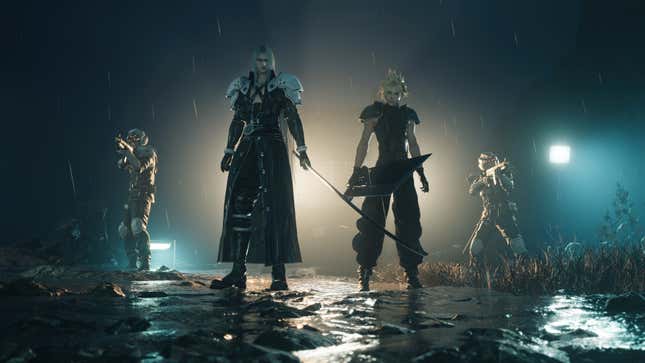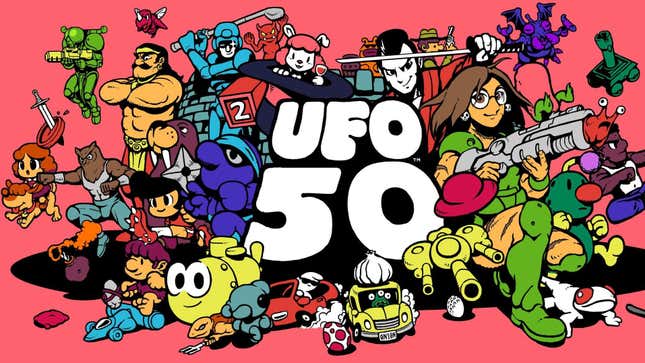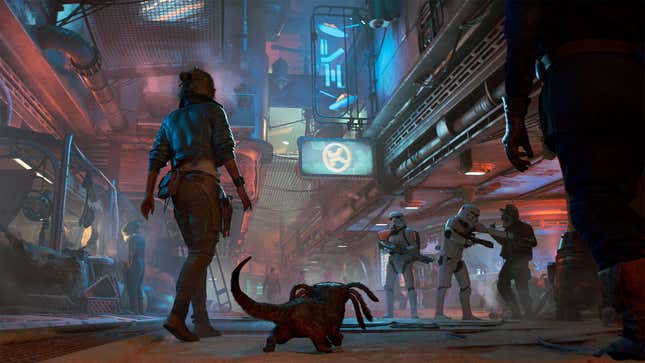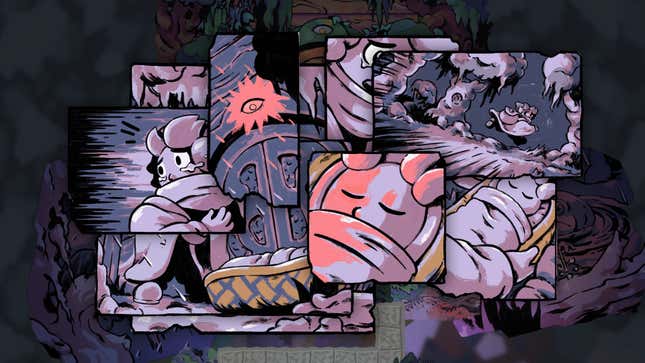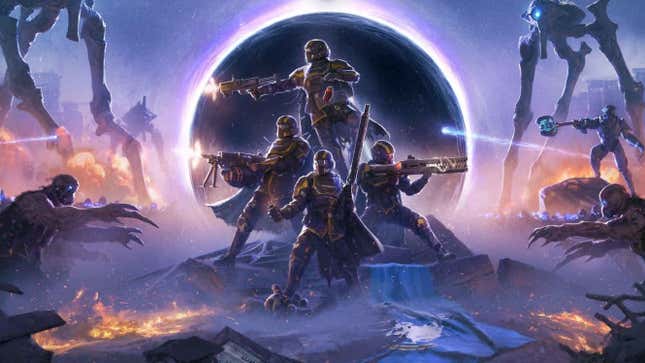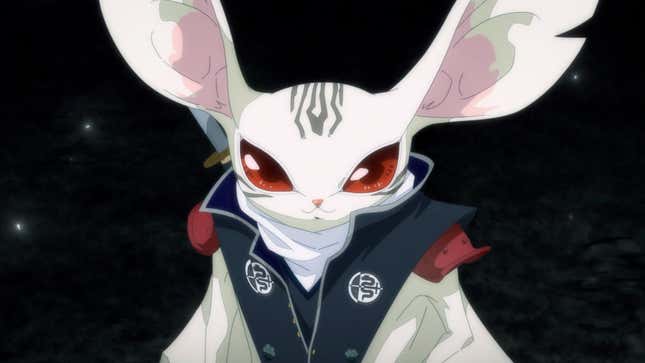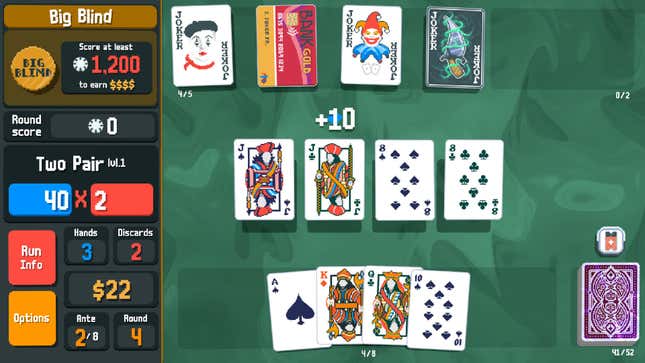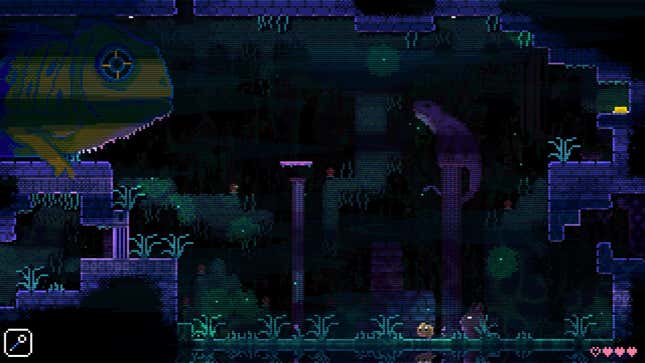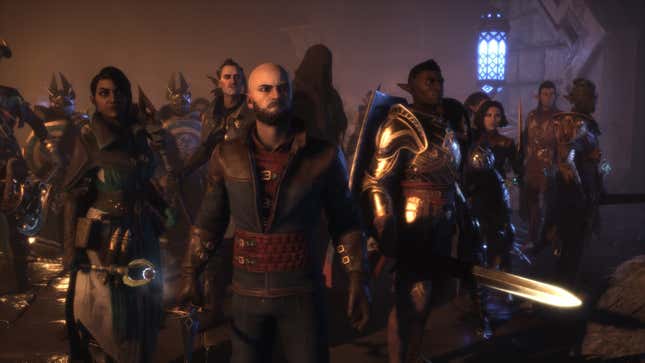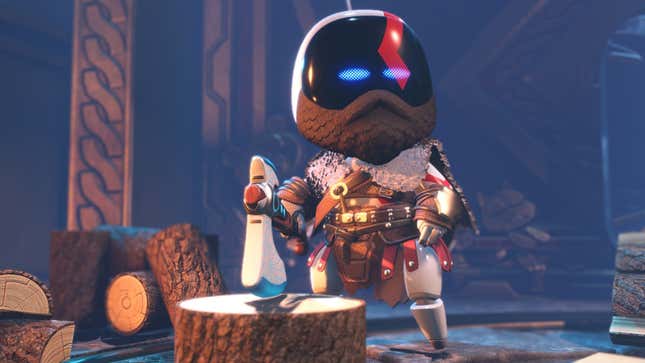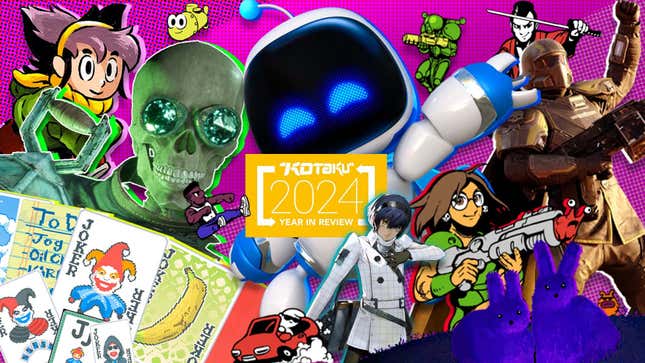
Trying to sum up 2024 in video games in an entirely celebratory way would feel somewhat dishonest. In recent years, our efforts to recognize the best video games of the past 12 months always come with a caveat: Yes, great games undeniably come out, but things are bad for the industry. The world makes another trip around the sun and things only seem to get more dire and precarious for people who make the video games we know and love. Workers are laid off at an unsustainable frequency, if their studios and projects aren’t shut down entirely. All that we have left to celebrate is the work that talented developers still manage to create in the midst of all this instability, and that’s what we’re here to do. It’s remarkable that even under such circumstances, so many games worth celebrating are still being released, and they deserve to be heralded with as much enthusiasm as ever, if not more. It’s games like these that keep reminding us of how vital, relevant, and extraordinary this medium can be, even if some of the people running the industry are making it so much harder for such games to be made.
Here’s how we arrived at this ranking: Each member of the Kotaku staff submitted a top ten list, with each game being allotted a point value depending on where it was placed. If someone ranked a game as their favorite of the year, it would receive 10 points, with the second-place game receiving nine, the third getting eight, and so on. Once the results of those ballots were tallied, there was some deliberation about the presence and placement of a few games, and in the end, we landed here. Without further ado, here are Kotaku’s top 15 games of 2024.
